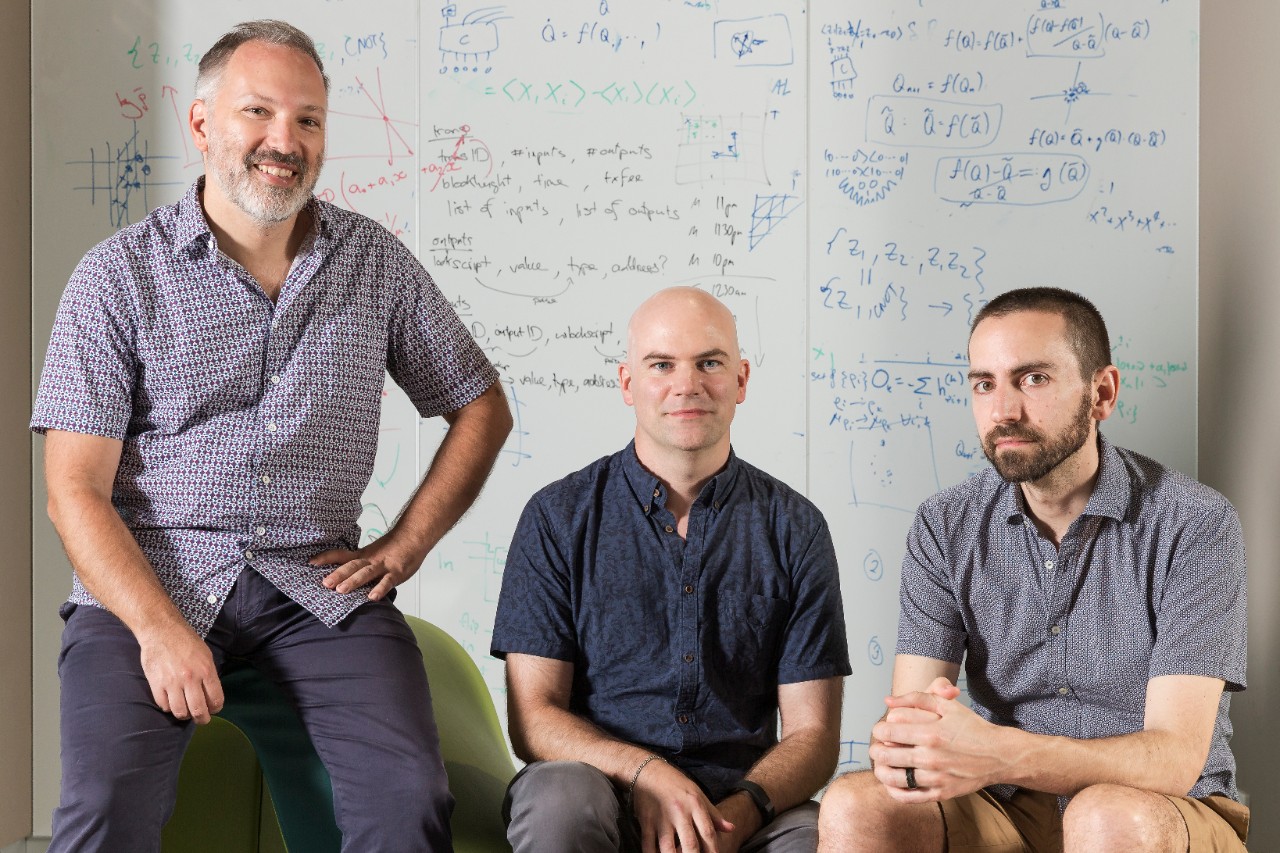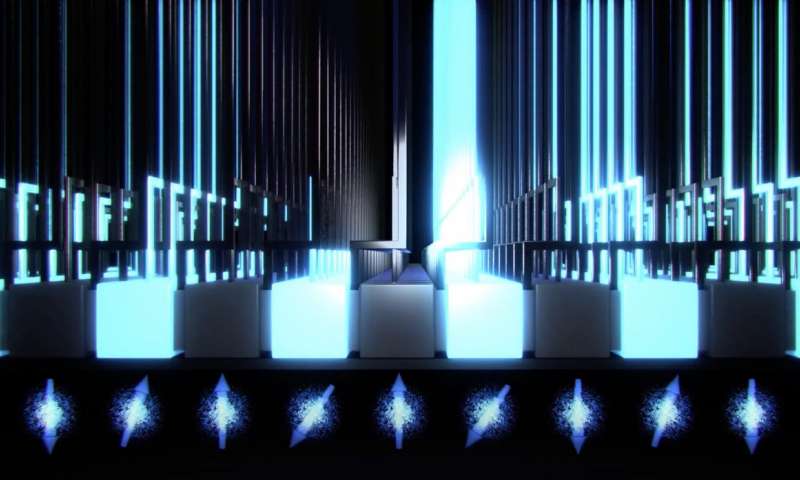IBM doubling qubits every 8 months and ecommerce cryptography at risk in 7-15 years
IBM Research announced a 50 qubit quantum computer system in November, 2017. In a presentation in Sept, 2017, IBM indicated that they are doubling qubits every 8 months. If IBM maintains an 8 month qubit doubling rate then they will announce a 100 qubit quantum computer in June, 2018 a 200 qubit system in Feb, …











